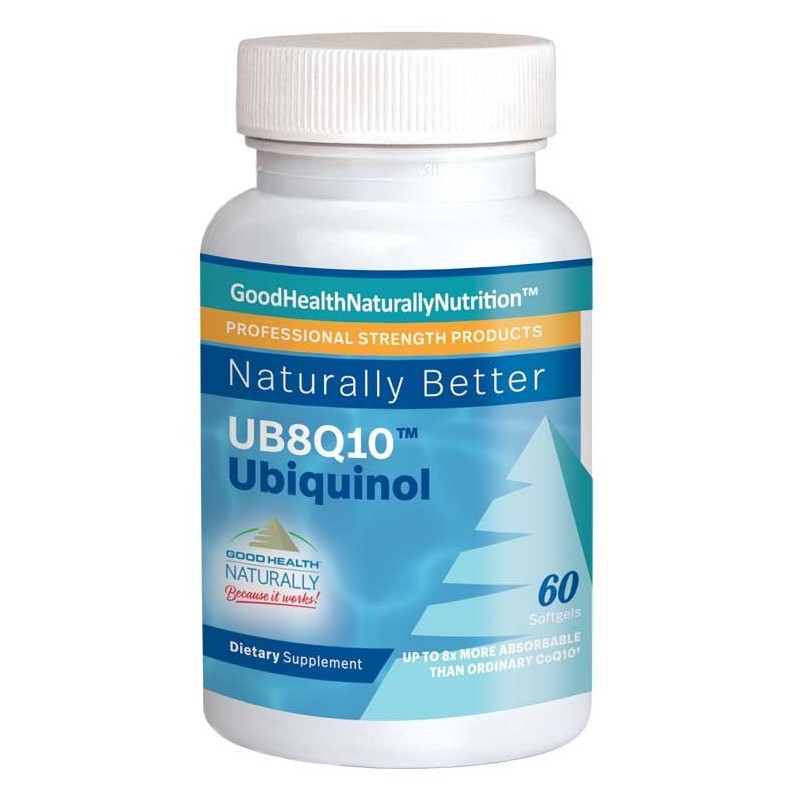Folate is a powerful nutrient that has been studied for decades in terms of its health benefits. In particular it has emerged as a vital nutrient that can help in several key conditions regarding the elderly. This is because older individuals are more likely to have a folate deficiency and it’s been noted that normal to subnormal folate levels don’t exclude tissue deficiency.
The interest in Folate has increased lately as it reflects the intracellular interaction of the plasma homocysteine (Hcy) metabolism of the “methylation cycle” and this is considered to mirror the functional relations close to cells and as a result, the health of the ageing population. Therefore, elderly people may be more in need of Folate if they want to protect their good health in the long-term.
Why Folate and Not Folic Acid?
Folate is the general term for water soluble B-vitamins and is known as Vitamin B9. Folic acid on the other hand refers to an oxidised synthetic compound used within dietary supplements and fortified foods. Folate refers to various tetrahydrofolate derivatives that are found naturally within food. Tetrahydrofolate (THF) is the form of folate that enters the main folate metabolic cycle and unlike natural folates that are metabolized to THF within the mucosa of the small intestine, the folic acid undergoes an initial reduction and methylation within the liver. It is then converted into THF which requires dihydrofolate reductase. When low activity of this enzyme is found in the liver, and it is combined with a high folic acid intake, it can result in unmetabolized folic acid entering the blood circulation at unnatural levels. There are several studies that support unmetabolized folic acid presence within the blood after consuming fortified foods or folic acid supplements.
Many humans were not exposed to folic acid until it was chemically synthesized in 1943 and then introduced as a mandatory fortified food in 1998. Fortifying foods with folic acid was determined to be mandatory as there was overwhelming evidence that supplementing with folic acid provided protective effects especially prior to conception and during early pregnancy on the development of neural tube defects (NTDs) in newborns.
Taking Folate is recommended as it supports the completion of red blood cells, nervous system function and reduced levels of homocysteine within the blood. It is also well known that folate can prevent neural tube defects in newborns and this is why women of childbearing age must have an adequate intake of folate prior to and during pregnancy. Folate from natural food sources is best and this includes plenty of green leafy vegetables; asparagus, spinach, romaine lettuce, collard greens, mustard greens, broccoli, parsley, cauliflower, beets and lentils. In animal products it can be found in calf or chicken’s liver.
Unfortunately, not everyone can derive folate from the foods they eat. People with an MTHFR mutation can’t break down or metabolize folic acid in their body efficiently. As a result they tend to be folate deficient – even if their blood tests indicate that their folate levels are high. This is because the blood tests count the folic acid floating around the body that they can’t absorb. When there’s not enough folate in the body, then nutrients can’t be properly absorbed and it’s not possible to detoxify heavy metals such as aluminum and ammonia from the body. This is why even though someone takes an iron supplement, they could still find themselves becoming anemic.
Health Symptoms Associated with Low Folate…
The MTHFR mutation can affect individuals in various different ways and some of the symptoms include:
- Chronic fatigue
- Brain fog
- Memory loss
- Autism
- Insomnia
- Muscle pain and tenderness
- Decreased levels of serotonin and norepinepherine
- Potential mood disorders and even depression.
The solution can not therefore simply be found in eating natural foods and therefore, a good methylsulfate supplement is highly recommended. As the mutation affects the DNA, all that can be done is to help the body to make up for any genetic issues with the methylation cycle. 5-methyltetrahydrofolate (5-MTHF) is a metabolically active type of folic acid that through a multi-step process can help certain individuals to properly transform folic acid into active folate. From pregnant women to children, young adults and the elderly, everyone of all ages can receive many good health benefits from taking folate that can support the absorption of all other nutrients within the body.
Recommended Examples

ActiveLife™ Capsules – This multivitamin formula contains 130 nutrients including 75 plant-derived minerals, 12 vitamins and 3 other nutrients that can help to replenish storages that are naturally depleted each day. It also contains 800mcg (200% of your recommended daily value) of Folate as (6S)-5-Methyltetra Hydrofolic Acid which is equivalent to 1600mcg of (6S)-5-Methyltetrahydrofolic Acid, Glucosamine Salt***). The recommended dosage is to take 6 capsules daily.
Folate – An Essential Vitamin For Good Health At All Ages | www.naturallyhealthynews.com






Trackbacks/Pingbacks